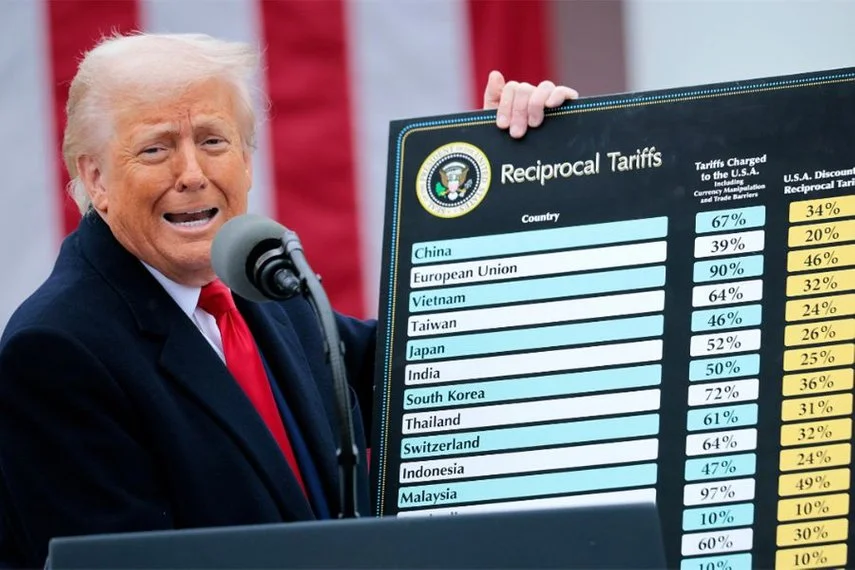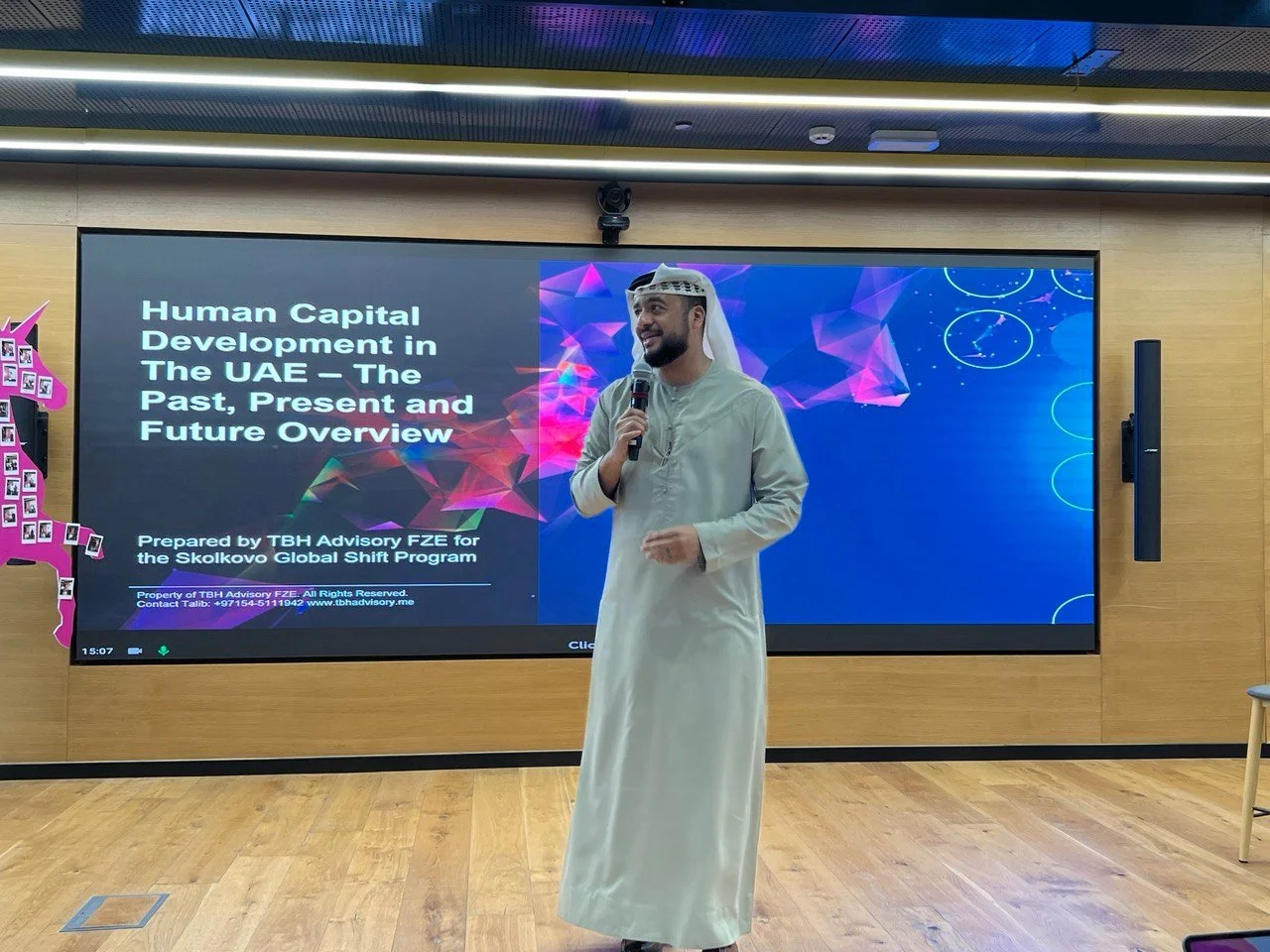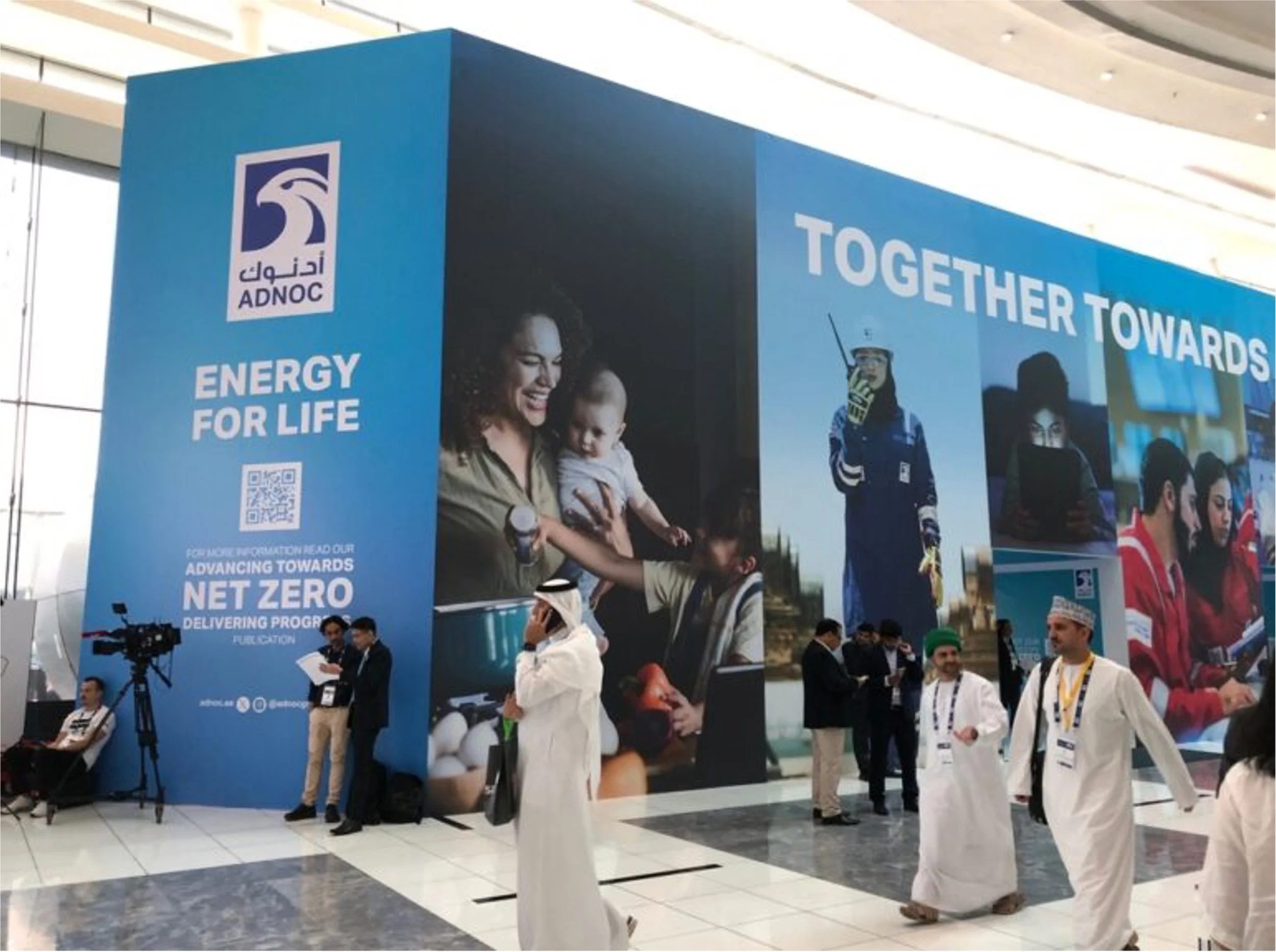Trump’s Tariff War: A Catalyst for Self-Reliance and a Strategic Opportunity for the The GCC
President Donald Trump’s recent escalation of tariffs—most notably a 145% levy on Chinese imports—has dominated discussions around economic and social circles. While we’ve seen an explosion of memes around the topic, it is undeniable that the recent tariffs war has sent shockwaves through global supply chains.
It has now become clearer that the costs of this Tariff War will particularly affect small and mid-sized businesses in the United States as well as large corporations. These companies, who have historically been heavily reliant on Chinese manufacturing and cheap labor, are now confronted with concerns of imminent increase in costs, disrupted supply lines, and the daunting likelihood of relocating production which may take up to a year.
Add to these the reputational loss many western brands will have to manage especially given the growing number of videos circulating online of Chinese commentators revealing that the majority of the popular western luxury brands are in fact, “made in China”).
The Tariff War we see between the US government and governments such as China, Canada, Mexico, the EU and others is not the only thing we need to be concerned about, the subsequent outcomes of this showdown should be a cause for concern to governments, business leaders and ultimately societies.
Some of these consequences are expected to start taking shape in the form of:
Higher production costs and delays in sourcing materials especially imported items
Job losses, wage cuts and companies looking to cheaper markets to outsource staff and operations (I hate to say this, but this might be a long summer for businesses and jobseekers)
Price inflation that may affect low and mid-income consumers. This may naturally hit the retail sector
Tit-For-Tat reactions. Such as China halting purchases of 179 Boeing aircrafts due in 2027 (You can imagine the effects of that decision)
A reduction in foreign investments between countries. This may reduce the appetite of venture capitalists to invest in start ups or markets.
As a person who has dedicated considerable time and focus on talent and human capital besides helping international businesses adapt to local opportunities, I am particularly concerned with how human capital and labor might be impacted as well. Some of the risks I foresee :
Brain Drain for some, Brain Gain for others. Countries that are tightly integrated in the global supply chain face the most danger. Countries such as the Philippines which has historically been a popular choice for the BPO sector. Vietnam, a rising star in manufacturing and exports has been hit with a shocking 46% Tariffs. Egypt, another choice for outsourced operations might see more of its talents looking for jobs in the gulf or europe. Countries in the African continent will also find themselves dragged into the US vs China Trade War as labor intensive industries such as Mining, Agriculture and Energy are affected. We have also seen a growing number of talent choose to leave European countries even before this recent Trade War, I now expect to see more European workers leave for more attractive career destinations.
Worrying Times for Manufacturing and Export-Focused Sectors? It seems obvious that concerns will grow among workers about job security in manufacturing and export-focused sectors since the key motivation for the current US administration to wage this trade war is to reduce the United States reliance on foreign exports, increase focus on local production and “bring back jobs” to the US.
The Rise of Hyper-Nationalism and Introduction of Localisation Policies. I have noticed from the numerous videos I’ve watched covering the reaction of different countries to the tariffs that a common popular narrative is emerging among politicians. This narrative is a call for growing emphasis on domestic interests, self-reliance on local talent and businesses and a higher emphasis on cultural identity. As a result, I foresee an interesting paradox shaping up as a result of the current events; An already highly interconnected world that increasingly chooses to become locally-focused, protectionist and nationalistic. The verdict whether this is a bad thing or not is still out and I will leave it to you to ponder over.
The future looks daunting for workers in manufacturing and export industries.
The Roadmap for Resilience and Growth in The UAE and The Gulf Region?
For someone who has for so long ‘cringed’ and rolled up his eyes whenever anyone used the terms “glocal” or “glocalisation”, I find myself increasingly embracing the concept behind it (You won’t catch me using the word though). This concept to me is about empowering local capabilities to contribute both locally and globally and ultimately become global economic players.
The truth is the chaos caused by the tariffs battle underscores the urgency required by the UAE and the GCC towards enhancing self-reliance.
How will the gulf countries adapt to the need for developing local capacity?
The UAE for example has already embarked on this path through initiatives such as ‘Make It In The UAE’ and ‘Operation 300bn’. Both these programs aim to increase the industrial sector's contribution to the GDP to 300 billion by 2031.
Saudi Arabia’s Vision 2030 has also launched under it a number of initiatives towards this such as the National Industrial Development and Logistics Program (NIDLP). The Kingdom aims to increase domestic production in oil and gas, renewable energy and to increase utilization of its mining industry tapping into its mineral resources (believe it or not, Saudi Arabia’s mineral reserves are estimated to be around $2.5 trillion!)
Bahrain, Kuwait and Oman are also developing their own strategies designed to support local capabilities.
Here are other initiatives I could think of the UAE and the GCC should seriously consider, and fast!
Strengthening Local Capabilities: So much has been said about the need to strengthen local capabilities. The truth is, we need to prioritize practical and real execution of localisation policies ensuring tangible outcomes rather than an over-emphasis on theory, conceptual frameworks - often offered by some of the large international consultancy firms, you know who you are - and PR wins.
Increase Focus on Up-Skilling and Re-Skilling: A bigger emphasis is need in up-skilling the local workforce to take on roles in different industries. There is also a significant need to re-skilling the current workforce allowing them to easily move to new career specialisations and different industries.
Promote Public-Private Partnerships: The region now more than ever needs to find ways to invite the private sector to the table, address mutual challenges and opportunities, and explore a more committed partnership aimed at boosting local job creation and enabling local producers
Boost Support for Local Entrepreneurs: The role of SMEs during this next phase is going to increase in importance. The UAE and The Gulf region needs to increase the scope of their thinking when it comes to entrepreneurship in a manner that taps in to the wave of new entrepreneurs entering the region, and the existing local entrepreneurs who bring a wealth of local experience. One of the key verticals we have set for ourselves through our Myjlis platform is to always find ways to bring both expat and local business owners together in a process that encourages sharing of expertise and collaborating on opportunities.
Final Thoughts
The recent tariffs war must serve as a stark reminder of the risks associated with over-reliance on external markets at the expense of local capabilities. For the UAE and the GCC, this might present an opportunity to accelerate the journey towards economic independence, diversification and oh yes, that word: Resilience.
I leave you with this quote which I feel is befitting give the current climate: "When written in Chinese, the word 'crisis' is composed of two characters. One represents danger and the other represents opportunity." — John F. Kennedy






